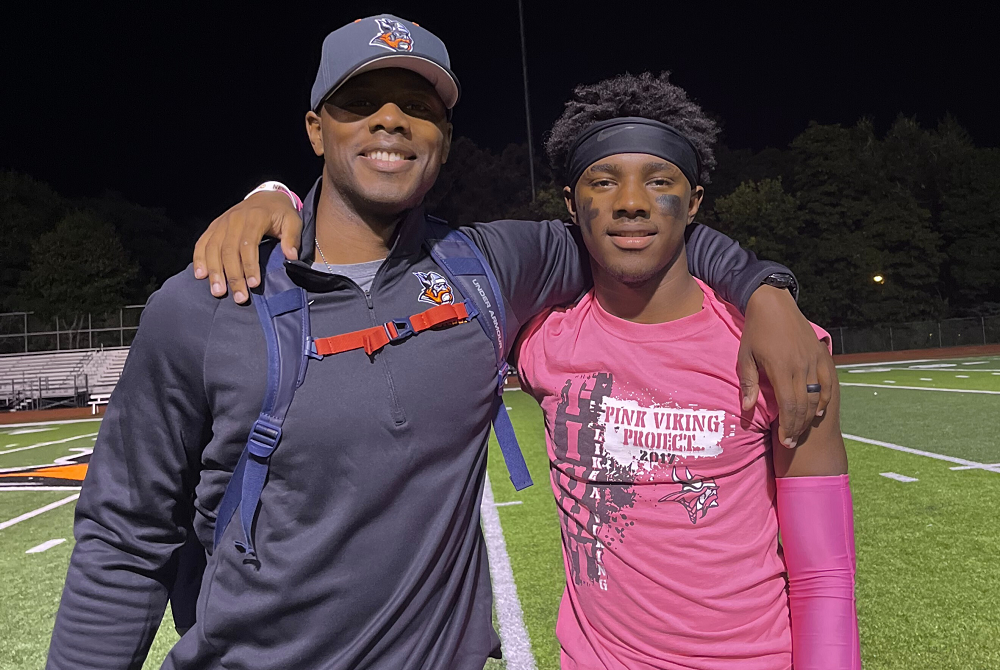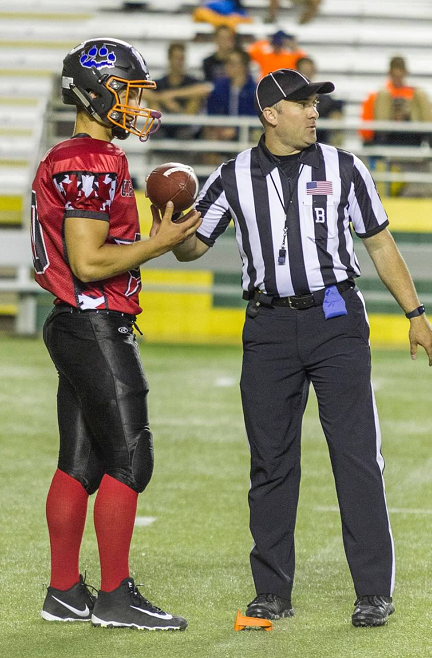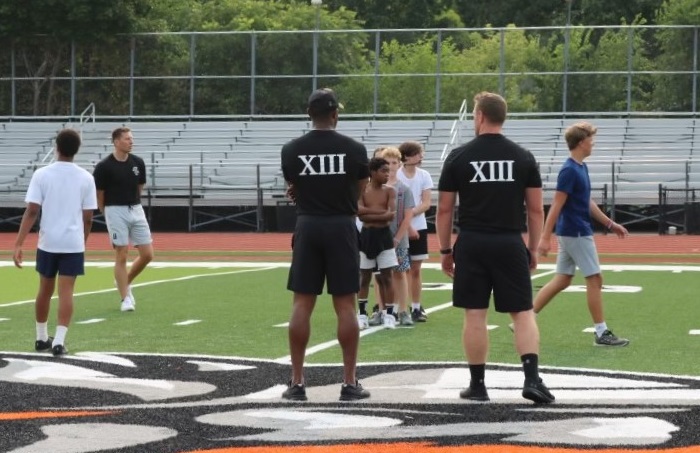
Program Priorities
January 10, 2014
Many school districts face more requests from their constituents for sports programs than they have the resources to accommodate, so they are forced to make very difficult decisions. For three decades, when I’ve been consulted, I have offered and stood by this advice.
First, I advance the premise that if the activity is educational, there is just as much potential for the education to occur at the junior high/middle school and subvarsity levels as at the varsity level. Just as we would not discriminate against one race or gender, we should not disadvantage one age or ability level. In fact, with a little less pressure to win, it is likely to see more education at subvarsity levels and more reason to sponsor them.
Second, I advocate the position that schools should avoid sponsorship of any activity for which a qualified head coach cannot be secured. Qualified personnel are, in order of priority:
-
a teacher within the building who has current CPR certification and completed CAP.
-
a teacher within the district who has current CPR certification and completed CAP.
-
a teacher in another district who has current CPR certification and completed CAP.
-
a certified teacher from the community who has current CPR certification and completed CAP.
-
a non-certified person who has current CPR certification and completed CAP.
I urge schools not to descend lower than this for program leadership. Coaches are the delivery system of the education in educational athletics; they are the critical link in the educational process. More problems occur than are worth the effort if the program is in the hands of an unqualified coach.
Next, I urge that schools rank sports on the basis of cost per participant, and give higher priority to sports that spread funds over the greatest number of participants.
Next, I urge that schools place lowest in priority the sports that cannot be operated on school facilities and create transportation, supervision and liability issues, and give higher priority to those conducted at or very near the school.
Next, I urge that schools place lowest in priority the sports which are most readily available in the community, without school involvement. If resources are precious, then duplicating school programs should be a low priority; doing what the community can’t do or doesn’t do should be given a much higher priority.
While I’m a fan of school sports, I recognize that an athletic program has as much potential to do harm as to do good. Programs without qualified coaches that are conducted for small numbers of students at remote venues and without comprehensive school oversight and support may create more problems for schools than the good they do for students.
Bare bones budgeting will require brutally honest assessments based on priorities like these.

From MSP Post to Postgame: Lieutenants Return to the (Football) Field
September 27, 2023
While fans are settling into another season, Michigan State Police Lt. Tedric Gibbs has been fully immersed in football for months.
The Jackson Post’s assistant post commander serves as assistant coach for Jackson High School’s varsity football team and for the team at Parkside Middle School.
“I started coaching when my older son was in youth sports, as a way to do something together that we both love,” Gibbs said. “My younger son followed the same path, so I joined his team too. I grew up in Jackson and am grateful to be able to serve my hometown from the sidelines and at our post.”
 Some 400 miles north, Lt. Mark Giannunzio is also a familiar face in and on the field. The MSP Negaunee Post assistant post commander and Eighth District public information officer enforces the rules of the game as a high school and college football official, the latter for the Great Lakes Intercollegiate Athletic Conference.
Some 400 miles north, Lt. Mark Giannunzio is also a familiar face in and on the field. The MSP Negaunee Post assistant post commander and Eighth District public information officer enforces the rules of the game as a high school and college football official, the latter for the Great Lakes Intercollegiate Athletic Conference.
“I started at the high school level to stay involved in athletics and make authentic connections in the community,” Giannunzio said. “It’s rewarding to help teach the game and share knowledge of the rules. I currently have a full 11-game schedule in the GLIAC Division II college conference, with high school games interspersed during the year.”
The correlation among coaching, officiating and policing translates.
“With my fellow troopers, I want to inspire, motivate and encourage to get the most out of them,” Gibbs said. “I take the same approach with my players to figure out what they need from me, as their designated leader, to be as successful as they can. In both capacities, I do the work alongside them. We do it together.”
This approach is especially important when tough times surface. Lieutenant Gibbs’ high school team experienced tragedy right before its first game when a player died in a car crash.
“We focused on adversity,” said Gibbs, who was in a unique position to talk from a police perspective too. “It’s a benefit to have that insight and background and share it with what they can control – make good decisions and wear your seatbelt.”
Lieutenant Gibbs incorporates his coworkers when he can, like during spring conditioning when fellow troopers join him and his players, helping all involved to make new connections and build strong bonds between the students and officers.
 “One of the most important attributes in both careers is communication,” Giannunzio said. “Communication can make or break an official and a police officer. Much like selling a citation to a motorist, I need to be able to sell the penalty in a calm and professional manner. Demeanor and attitude go together on both the football field and when we are out patrolling in the Blue Goose.”
“One of the most important attributes in both careers is communication,” Giannunzio said. “Communication can make or break an official and a police officer. Much like selling a citation to a motorist, I need to be able to sell the penalty in a calm and professional manner. Demeanor and attitude go together on both the football field and when we are out patrolling in the Blue Goose.”
Treating everyone with dignity and respect is something Lieutenants Gibbs and Giannunzio commit to as members of a modern police agency and in their areas of expertise on the football field.
“Both roles afford so many opportunities to develop culture and cultivate teamwork,” Gibbs said. “The best part is watching others flourish and playing a part in their growth.”
PHOTOS (Top) Michigan State Police Lt. Tedric Gibbs, left, serves as an assistant football coach for the Jackson High varsity. (Middle) Lt. Mark Giannunzio officiates at the high school and college levels. (Below) Gibbs also coaches at Jackson Parkside Middle School. (Photos provided by the Michigan State Police.)

